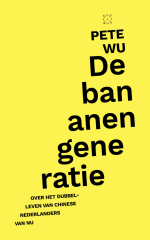View all filters
Clear
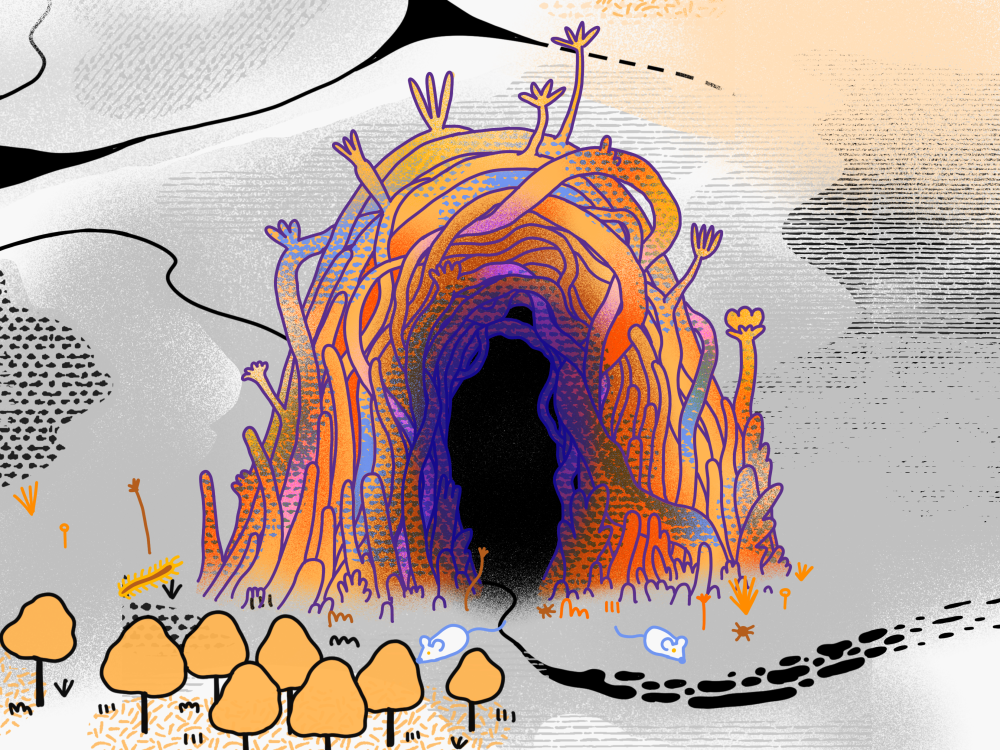
Where the Wild Things Grow
Celebrate our ecological and ritual connections with Mother Earth and the cosmos
Bollettino dell’ultimo giorno
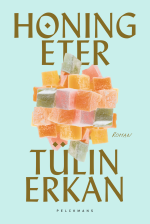
ARRIVALS / GELIȘ (Mangiamiele)
Per non vederti
La trilogia del sesso errante
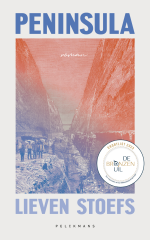
Corridoio (Peninsula)
Diario
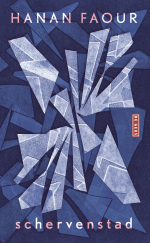
la città in frantumi
Il comunismo visto dai bambini molto piccoli
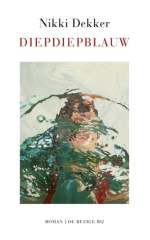
Pesce piatto
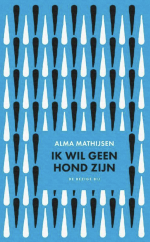
Non voglio essere un cane
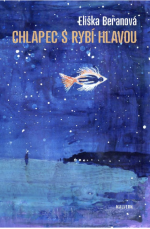
Il ragazzo con la testa di pesce
Albero mostro bambino albero
Un ronzio
Dichiarazione di dipendenza
Domani
Non dare da mangiare alle scimmie
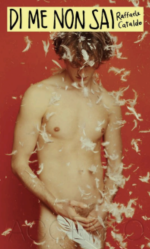
Di me non sai
Lucio falls in love with "the boy" even before meeting him: just watching him from the window of his office is enough for him to become almost obsessed. When they finally meet, he discovers that Davide is much younger than him (still studying), and that he is elusive, unreliable, and "cruel" in the way only twenty-year-olds can be cruel.
For two months, Lucio and Davide have dinner together, have sex, go to the beach, and often sleep at Lucio's place. However, Davide does not fall in love. He continues to seek Lorenzo, the only man he (perhaps) truly loved, of whom he keeps only a pixelated photo on an old cellphone. Like many twenty-year-olds, he is also confused, wounded, and willing to nestle into the routine of always having a Coca-Cola ready for him in the refrigerator.
"Di me non sai" tells the story of a relationship lived in an opposite, incompatible way, whose nature is revealed to the reader only as the novel progresses. Alternating the perspectives of the two protagonists in short, sometimes very short chapters, Raffaele Cataldo shows the misalignment of feelings and the painful consequences it can have, the slow pace of hot Apulian summers, and the obsessive loves (present and absent) that, like wild oat seeds, cling to hair, shoes, and clothes.
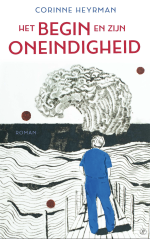
L’inizio e la sua eternità
Viale Zorilor: L’inizio
